Work burnout is rapidly taking a toll on everyone’s minds. This is why it is vital to take steps that can help reduce burnout and live your best life
Do your career goals not resonate with your personal desires? Do you feel ineffective, or detached from your purpose in your job? Do you feel manipulated or disrespected by co-workers?
Not every day is easy. But allowing too many bad days at work to pass where you don’t feel motivated or your work doesn’t feel purposeful can lead to burnout. Burnout isn’t just being tired of your job; it’s chronic stress that can lead to both physical and emotional exhaustion.
Burnout can happen to anyone, and it can have a serious negative impact on both your physical and mental health. But there are several steps you can take to fight it.
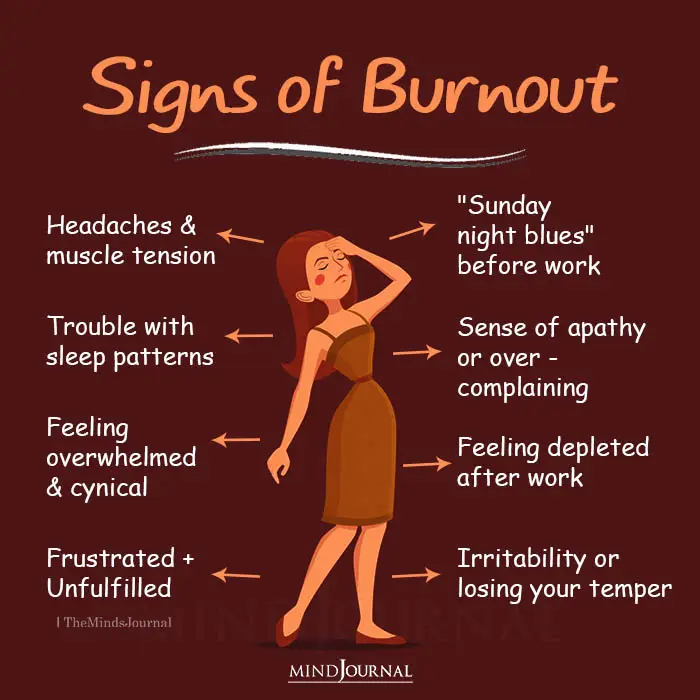
Here are five ways to help reduce burnout at work.
1. Recognize That Your Thoughts And Feelings Are Not Facts.
Understanding which things happening inside of your body are thoughts vs. emotions, and identifying them as such rather than as facts, is a great first step to understanding yourself and being analytical about your behavior.
For example, say you have a big presentation coming up. If you say, “I have this presentation coming up and I want to do well but I feel anxious,” you’re more likely to let those feelings control your behavior. Instead, say “I have this presentation coming up and I’m also experiencing some anxiety.”
Reminding yourself that they are feelings or thoughts rather than facts may help you tolerate such phenomena. Keep track of when you feel the most upset, anxious, or frustrated at work. Monitor yourself, and do what you can to make effective changes.
Related: Burnout: 6 Signs You’re Ready To Hit The Wall
2. Don’t Eat Lunch At Your Desk. Get Outside And Move.
Instead of working through lunch or eating over your keyboard, go pick up your food. Or even better, if you have the time, find a green space outside to eat. Take a trip to the floor above you and back down. Increase your physical activity just by leaving your building and walking to a restaurant, a food stand, or to a different part of your building.
Physical exercise is one of the best treatments for interrupting the cycle of anxiety. Being indoors 12 hours a day 5 days a week isn’t what humans were designed for. Not everyone has the luxury of working outdoors or working part-time, but taking small steps to keep your sanity in check while working those long hours can help decrease stress
Taking a break from your job could also help you be better at it. Coming back to a project after taking some space (even five minutes of space) can increase your productivity and the quality of your work.
3. Decrease Screen Time. Increase Meditation Time.
Staring at a screen all day is also not what humans were made for. But it’s a reality today. To balance this, take a few minutes a day to meditate. No need to turn into a Buddhist monk who’s silent for hours at a time (though there’s nothing wrong with that!) but taking even a few minutes to focus on your breath can distract you from stress-inducing thoughts.
Related: Burnout Prevention and Treatment Strategies How To Deal with Overwhelming Stress
4. Reconnect With Your “Why.”
Even if you mostly work for the money, reminding yourself that this gives freedom to do things you enjoy outside work could increase motivation. Even if you generally dislike it, maybe it will enable you to take a vacation next year, or take your partner out to dinner that coming weekend.
If you can find purpose in the way you spend your days, you’re more likely to connect to the work you do and reduce the stress surrounding it.
5. Reach Out To Loved Ones, Even If It’s A Simple Text.
If you’re having a bad day at work (as everyone does), take a minute to send a text to a friend, family member, or spouse. Let someone know that today is not your day.
Connecting with loved ones in and of itself can help increase your mood and remind you of what you value in life. Keeping the things in life that matter most to you in perspective even when you feel like a cog in the wheel can help you feel less stressed at work, and maybe even happier and more productive.
Related: 3 Radical Acts of Self Care That will Help You Heal After Burnout
Stress is inevitable. But letting it ruin your work life, your mood, and your life outside of the office is not. Take stock of how stressed you feel on a daily basis, and be curious about devising a strategy for yourself to manage it.
Always remember that managing stress is not a luxury reserved for the wealthy; it’s a critical investment in yourself.
Visit Dr. Konstantin Lukin’s website for more such articles.
Written By Konstantin Lukin
Originally Appeared In Psychology Today
No matter how important jobs might be, your mental health must always come first, and you should try to work towards putting your mental health over your job. If your mind is not in the right place, and you are overstressed all the time, it will directly affect your work too. So, make sure that the moment you feel that you are inching towards burning out, remember these helpful tips, as these can help you go a long way in putting your mental health above your job.
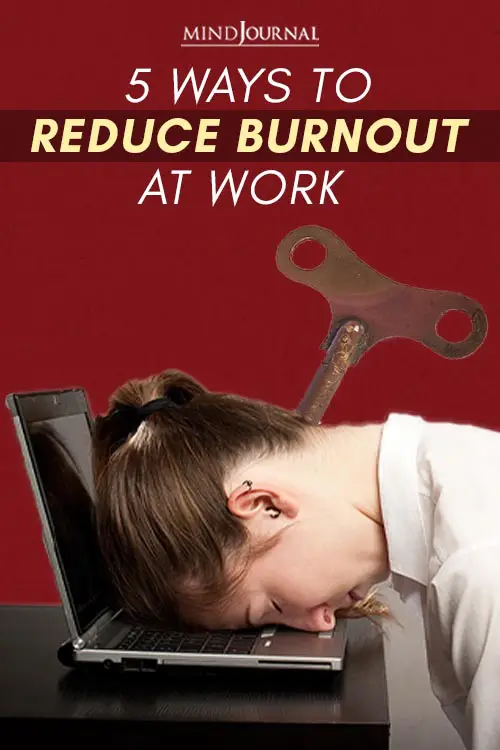
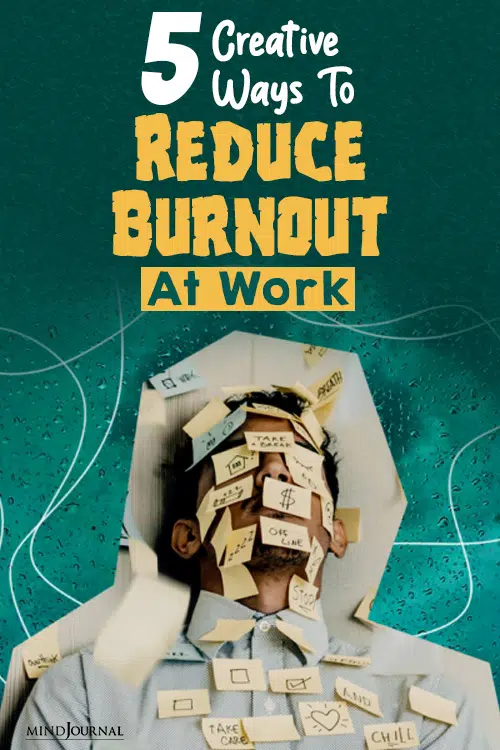
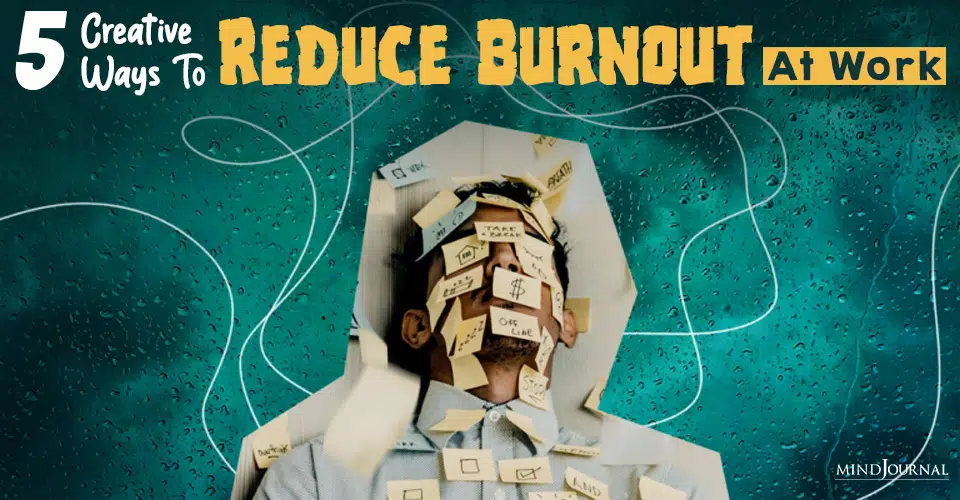

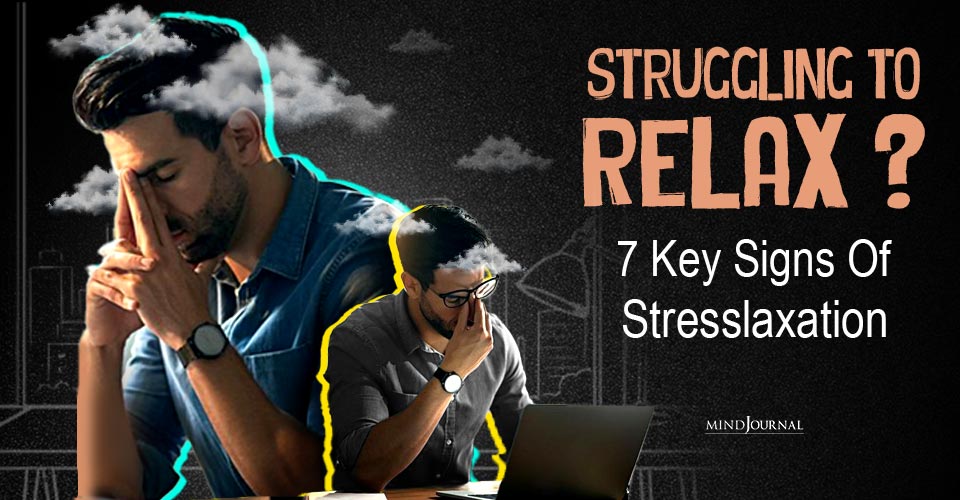

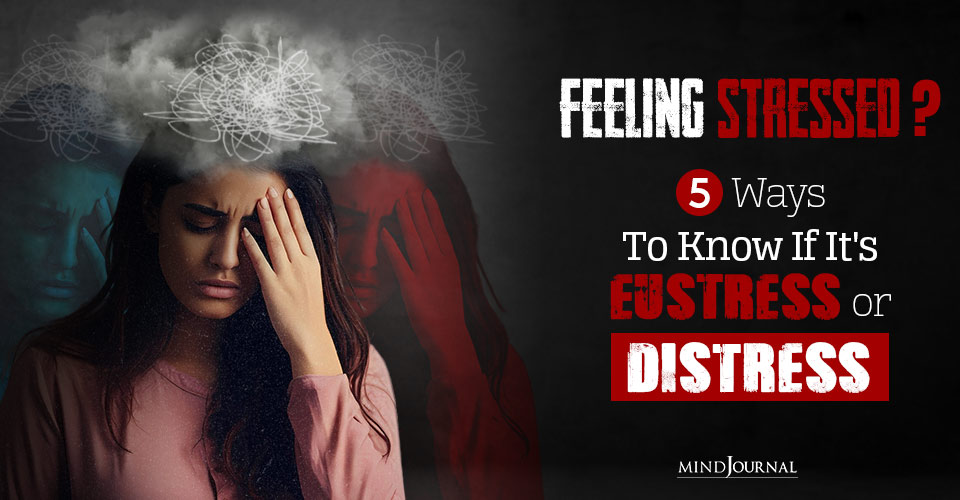



Leave a Reply
You must be logged in to post a comment.